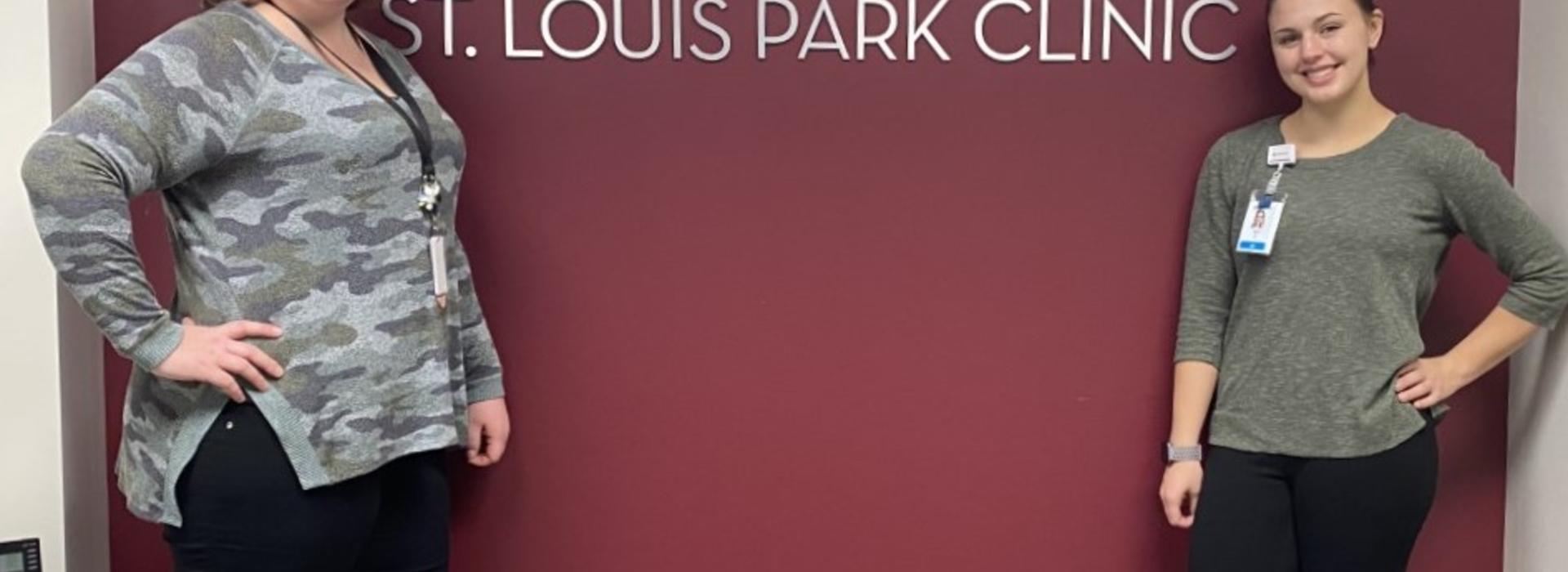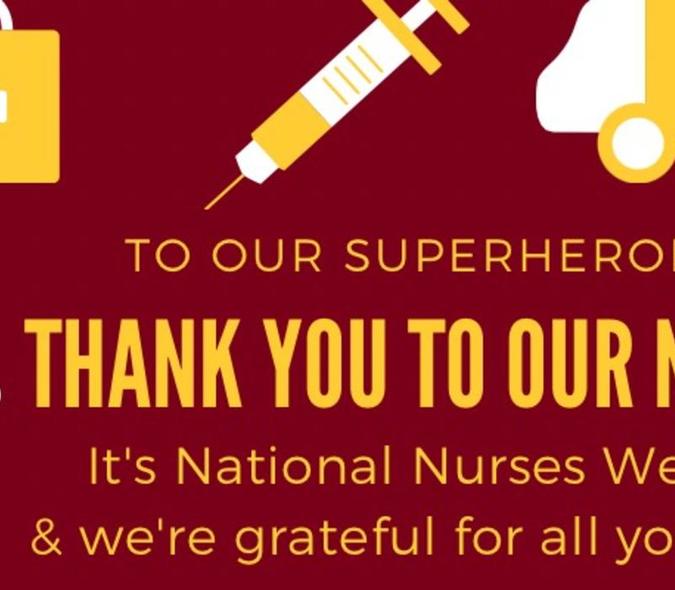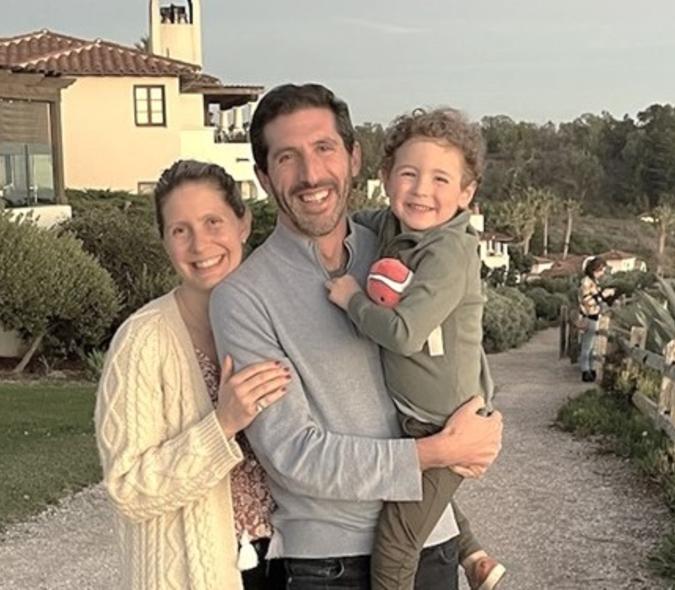
Working with treatment-resistant depressed patients enables two nurses to “impact every part of our communities”
October is National Depression Awareness Month
According to the National Institute of Mental Health, depression is a common but serious mood disorder. It causes severe symptoms that affect how you feel, think, and handle daily activities, such as sleeping, eating, or working. To be diagnosed with depression, the symptoms must be present for at least two weeks.
Raising our awareness about depression can be aided by the people who work with depressed individuals on a daily basis. Care Coordinators Melanie Swanson, BSN, RN; and Emily Schoos, BSN, RN; help support treatment-resistant depression patients at M Health Fairview’s St. Louis Park, MN, clinic. Treatments provided at the clinic include electroconvulsive therapy, transcranial magnetic stimulation (TMS), ketamine injections, and other kinds of medication management. Melanie has been with the clinic for four years; Emily started seven months ago.
What attracted you to psychiatric nursing?
Melanie: I have done psychiatric nursing my entire career. What attracted me is that everyone will have mental health issues sometime in their lives and I felt I would be able to help more people. When people ask me what I do for a living and I say I’m a psych nurse, they say, “Oh, that must be so hard.” But it’s really just dealing with people and at the core of things, I want to help people. My work with our patients requires a lot of coordination. I look at myself as an extra pair of eyes and hands for the providers. I ask patients how they’re doing with their treatments and if anything needs to change. Providers use that information to make changes in treatment plans.
Emily: I started out more in a medical setting and realized that some people may have a heart condition, some people may not, but everyone struggles with mental health issues at one time or another. It impacts every part of our communities, so going this route enables me to help a bigger population.
What is different about working with depressed patients from working with other types of psychiatric patients?
Melanie: our treatments give people hope … that’s the main difference. People with schizophrenia often don’t realize they’re ill, but depressed patients know they are and can get stuck in a hole. It is nice to be able talk with them and help them see that we’re going to work to help them feel better.
Emily: I think it’s their resilience. These patients have been through the worst of the worst and keep trying. I’ve never seen that in another population.
What do you love about the work? What is challenging?
Emily: I love being able to see their personalities and emotions come back. When they do, you’re there to share it with them. It’s challenging to help them see the bright side of life because they get stuck in their sickness.
Melanie: I agree with Emily – I love watching people’s emotions come back. With a lot of depressed patients, they’re very flat, you can’t see the core of who they are. When we get them better, you see their personalities come back. It’s challenging to help them see they can get better but it’s also rewarding. Another challenge is that there aren’t enough people to help care for these patients. We want to do so much and we physically just can’t.
Has anything surprised you about working with depressed patients?
Melanie: before I came to this clinic, I was working in home care with really ill patients, and I didn’t see them getting any better. In this clinic, it’s awe-inspiring to see people get so much better. Our providers can take someone who can’t get out of bed every day and turn them into someone who enjoys life and is able to get a fulltime job.
Emily: these are everyday people. Although they feel dread and a sense of impending doom, they’re still fully capable. And they bear a lot of burdens – it’s surprising how much is kept behind locked doors.
Why is your clinic a good place for depressed patients?
Emily: the patients don’t have to explain themselves; they don’t need to apologize for their behavior or explain why they missed an appointment. They don’t need to convince us that they’re suffering, we know they are.
Melanie: everyone here is so passionate about what they do, from the nurses to the rooming staff to the providers to the TMS techs. They come to work every day because they want people to get better. I can’t think of a better place for patients to be heard and feel that passion come through. Our providers are some of the brightest minds I’ve ever worked with. It’s great that they can take that genius and translate it into something that will help everyday people.
How do you cope with what you take on during work?
Melanie: I work hard to turn it off at the end of the day. It’s important for me to be able to say I’ve done what I can do today and will come back tomorrow to begin again. I also spend time with family and do things outside. I’m an avid reader … all these things help.
Emily: we have a family environment at the clinic and being able to decompress with coworkers is helpful. Outside of work, I like to go to the gym, go on hikes, do activities that don’t require a lot of mental stimulation.
What else is important for people to understand about your work with depressed patients?
Melanie: we’re nurses who are here to help people. It would be great if we got the same shine as other nurses. It would also be great if insurance companies paid for mental health care at the same rates they do for physical health care. We have a long way to go to make sure these patients get taken care of properly.
Emily: I had an interaction with a patient who felt that everything she said was discredited because she was mentally ill. It took me by surprise one time when she was unhappy with a treatment, and I told her I was sorry that was how her experience went. She took that as discrediting what she was saying – that it wasn’t a bad experience, you’re just mentally ill. I apologized and it helped me understand that a lot of people discredit depressed patients’ feelings and opinions because they’re mentally ill. That’s the biggest lesson I’ve learned here, and I try to spread awareness of it. Depressed patients’ feelings matter just as much as anyone else’s.



